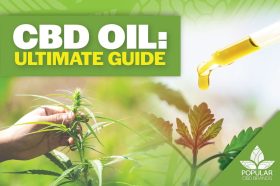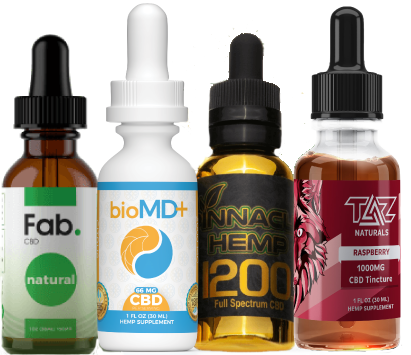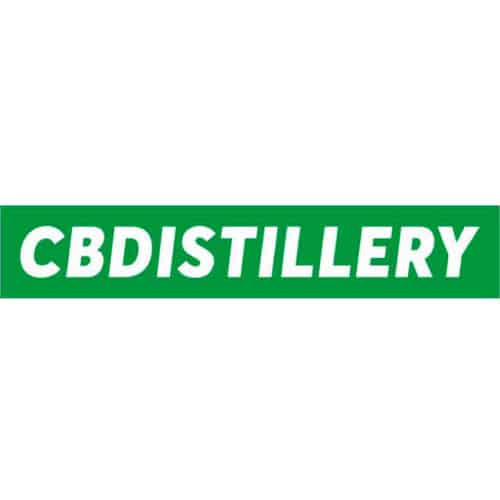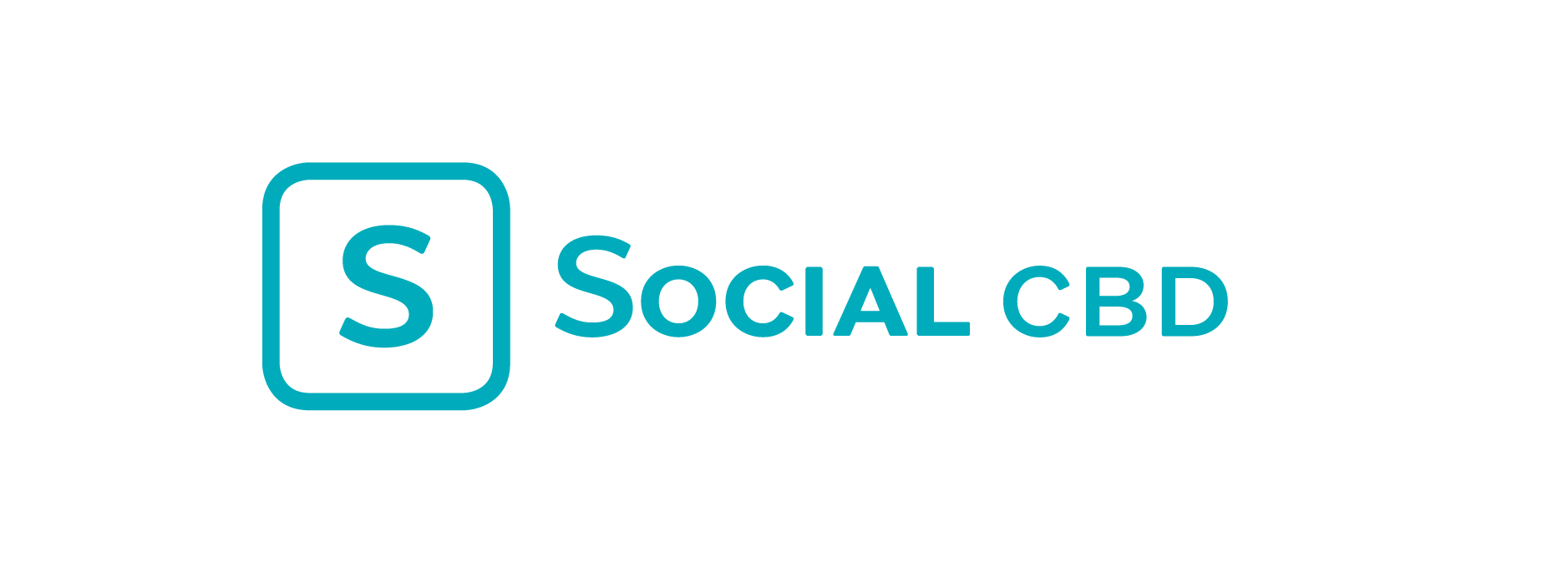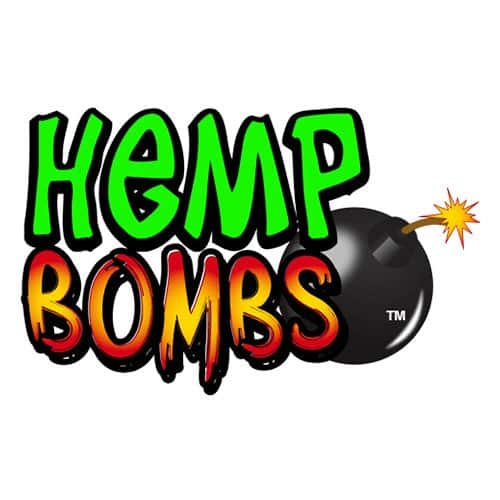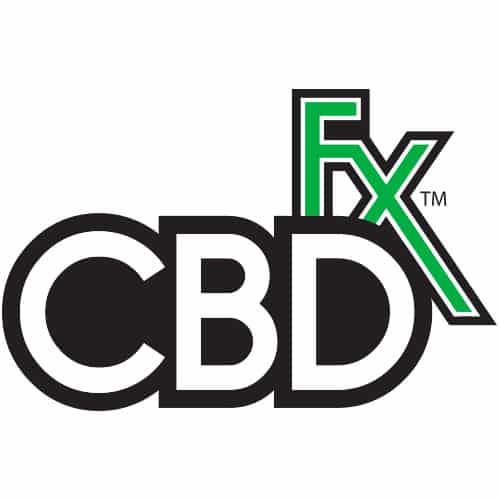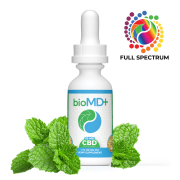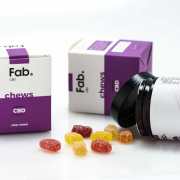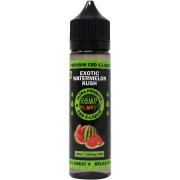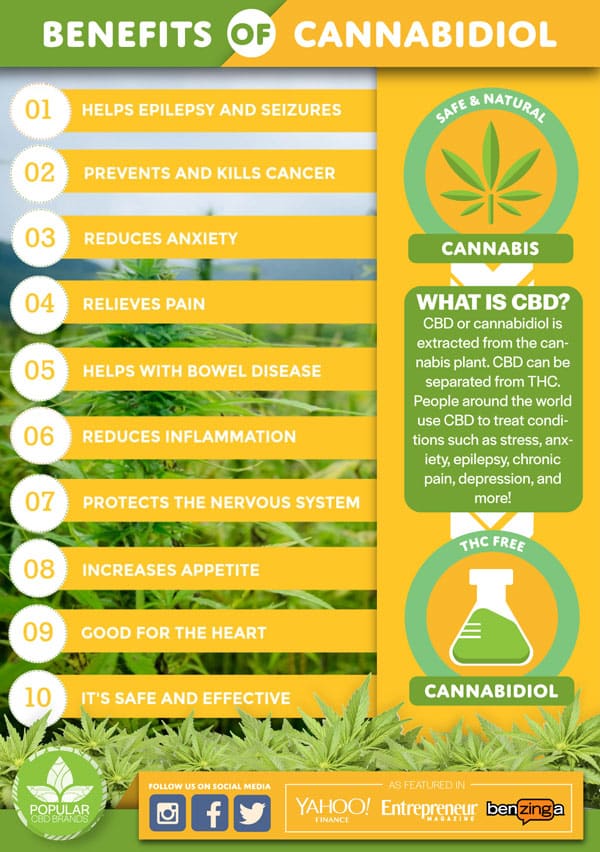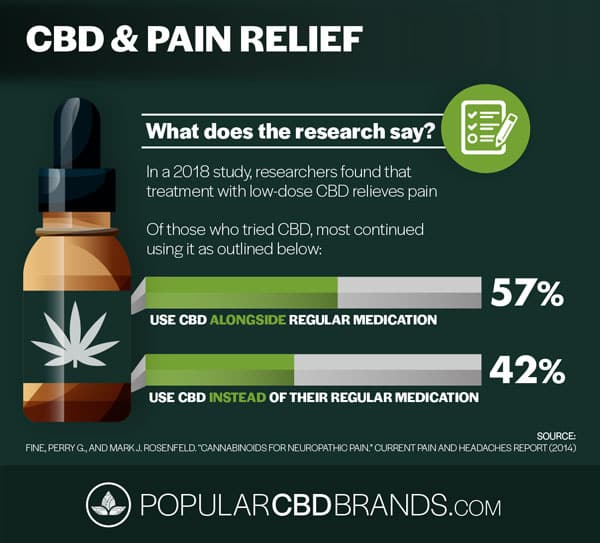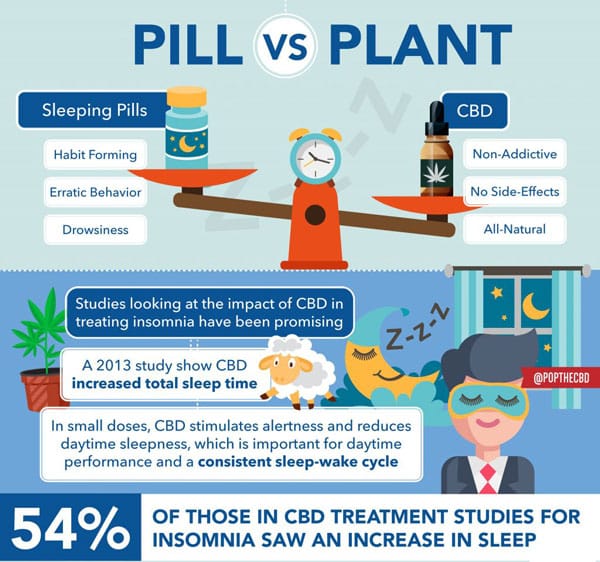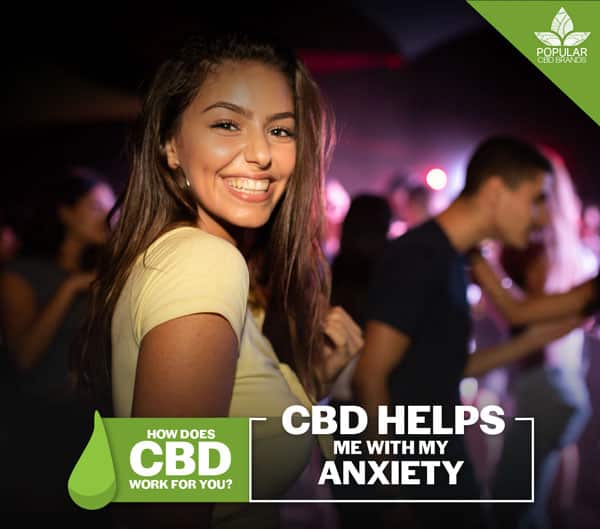Before we compare the CBD oils available, a bit more context on CBD oils will help you understand what we’re looking at.
Firstly, we need to clarify what goes into the production of CBD oils.
Carrier Oils
CBD oil products are nearly always formulated with a carrier oil. Usually coconut oil, this helps your body absorb the substance. CBD extract does not need a carrier oil in order to be effective. However, because CBD is fat soluble, carrier oils stabilize it and increase its bioavailability.
Coconut oil contains medium-chain triglycerides (MCT). Oils containing MCT are directly metabolized into energy by the liver. CBD that uses these MCT for its carrier oil are therefore more potent and have a more immediate effect.
While many CBD oils use MCT as a carrier, some use hemp seed oil, olive oil, or propylene glycol.
Full Spectrum vs. Isolate
CBD oil is produced in one of two forms: full spectrum and isolate. CBD isolate, which is made up of more than 99% CBD, was once considered the gold standard. After all, it is the CBD which has the positive health effects we’re looking for.
Even though it is still only the CBD having the desired effect, researchers discovered the so-called “entourage effect.” This effect means that CBD can be more effective when it contained a wider range of cannabinoids. The range of cannabinoids work together and the effect of the CBD is heightened.
Most distributors market mostly full spectrum CBD oils. Some still prefer CBD isolates, though.
› Best Full Spectrum: CBDistillery
One difference to keep in mind: Full spectrum CBD contains trace amounts of THC, so prolonged use could cause you to fail a drug test (even though you never get high).
CBD isolate, on the other hand, never has THC. So if you’re worried about taking a drug test, CBD isolate is probably the best option for you.
› Best Isolate: Every Day Optimal
In the reviews, we will specify when a distributor sells only isolates.
